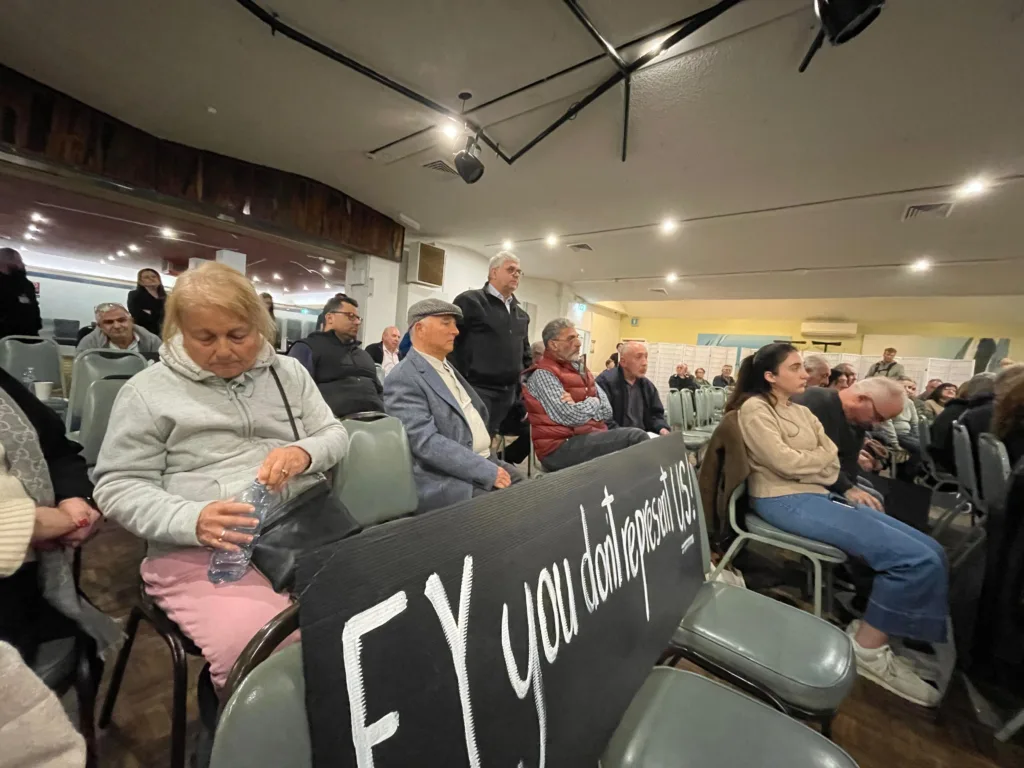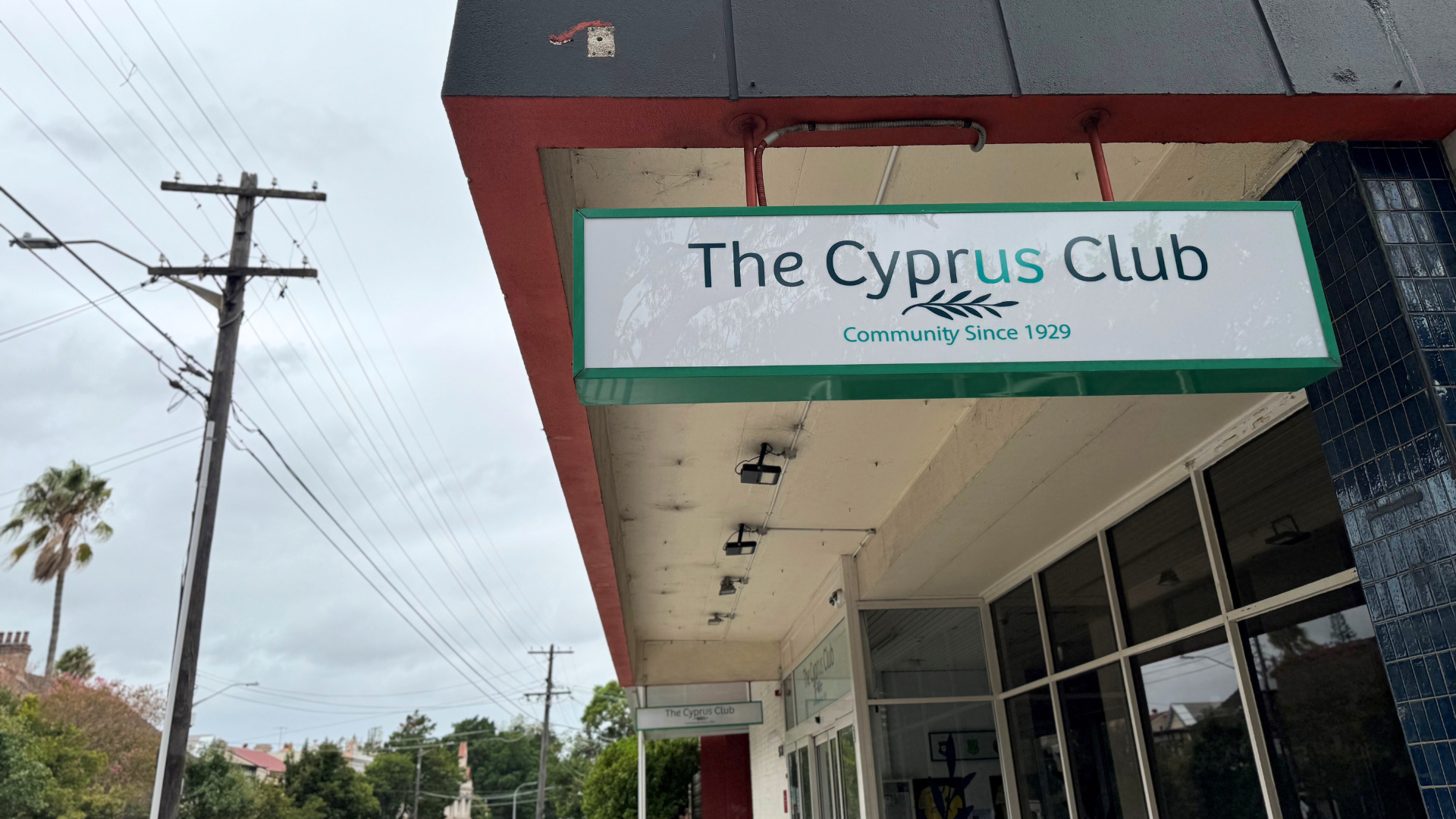The Supreme Court of NSW has ruled that the administrators of the Cyprus Community of NSW can sell the organisation’s historic Stanmore property without a vote of members – a decision that could have wide-reaching consequences for more than 1,300 registered clubs across the state.
The case before the Court
The hearing centred on whether voluntary administrators Morgan Kelly and David Kennedy of EY Australia had the power to finalise a $55 million sale of the Stanmore club to Conquest Property Group, despite strong objections from some members.
Under the Registered Clubs Act, sale of “core property” – such as a club’s operational premises, requires approval of the members at a general meeting. The Administrators’ position was that a prohibition of disposal of core assets (without member approval) is inconsistent with their statutory powers to sell under their Corporations Act.
His Honour Justice Black agreed. He found that an administrator’s power of sale is a separate power which only arises where a company is under external administration. To restrict that power would be inconsistent with an administrator’s obligations to sell property. The distinguishing feature was that the Registered Clubs Act has members at the forefront of any consideration to sell property, as opposed to the Corporations Act which focuses on creditors.
The Court also found that even if the state law were to be applied, it is inconsistent with the Commonwealth Law. The Constitution of Australia states that Commonwealth Law will prevail over state law where there is any inconsistency between laws.
Ultimately, the Court found that the Registered Clubs Act provisions requiring member approval did not apply.
EY’s position
EY has long maintained that the $55 million sale is the most viable path forward for the financially troubled organisation, which has been in voluntary administration since September 2024. The Community carries more than $20 million in debt, much of it from years of internal disputes and costly court battles.

The administrators say the chosen deal – one of seven bids – offered the best outcome: a price above valuation, no development risk, a clean structure, and an extended settlement period. They argue it will clear debts, safeguard funds in an independent trust, and allow the Community to purchase new premises for its members.
Urgency has also been driven by a fire safety order from Inner West Council requiring the Stanmore building to close by August 30. EY has already outlined interim relocation plans for Greek School classes, dancing groups and community functions until a permanent venue is secured.
Members’ concerns
Despite the ruling, many members remain deeply uneasy. Opponents argue that selling core property without their approval undermines the democratic rights of the membership. Some believe redevelopment options should have been explored more seriously, so that the Community could remain in Stanmore while still paying down debts.
Others claim the $55 million price tag undervalues the property, suggesting it could have fetched more on the open market. Frustrations have also been voiced about transparency, including EY’s refusal to disclose details of unsuccessful bidders and the absence of member elections while the club has been under administration – a situation EY has noted arose from multiple court injunctions that prevented EGMs and AGMs from taking place.
For these members, the sale represents not just a financial transaction but the loss of a valuable cultural and community asset.

Broader implications
The ruling is being closely watched beyond the Cyprus Community. Legal experts note that it effectively allows administrators of any registered club under voluntary administration to bypass member approval and sell “core property” directly.
With more than 1,300 registered clubs across NSW serving 5.7 million members, the precedent could reshape the balance of power between members and administrators when clubs face insolvency.
What happens next
Now that the Court has cleared the way, EY is expected to proceed with finalising the sale to Conquest Property Group. Administrators will then present a Deed of Company Arrangement to creditors, paving the way to exit administration and return control of the Community to a newly elected board. That board will also oversee the establishment of the proposed independent trust to hold proceeds from the sale.
If, however, the deal falters before settlement, or if members launch further appeals – which The Greek Herald understands is expected to happen in the coming days – the Community’s financial recovery could again be in doubt.
For now, the Cyprus Community of NSW remains divided – between those who see the sale as a necessary lifeline to secure the organisation’s future, and those who believe it is the beginning of an irretrievable loss.
